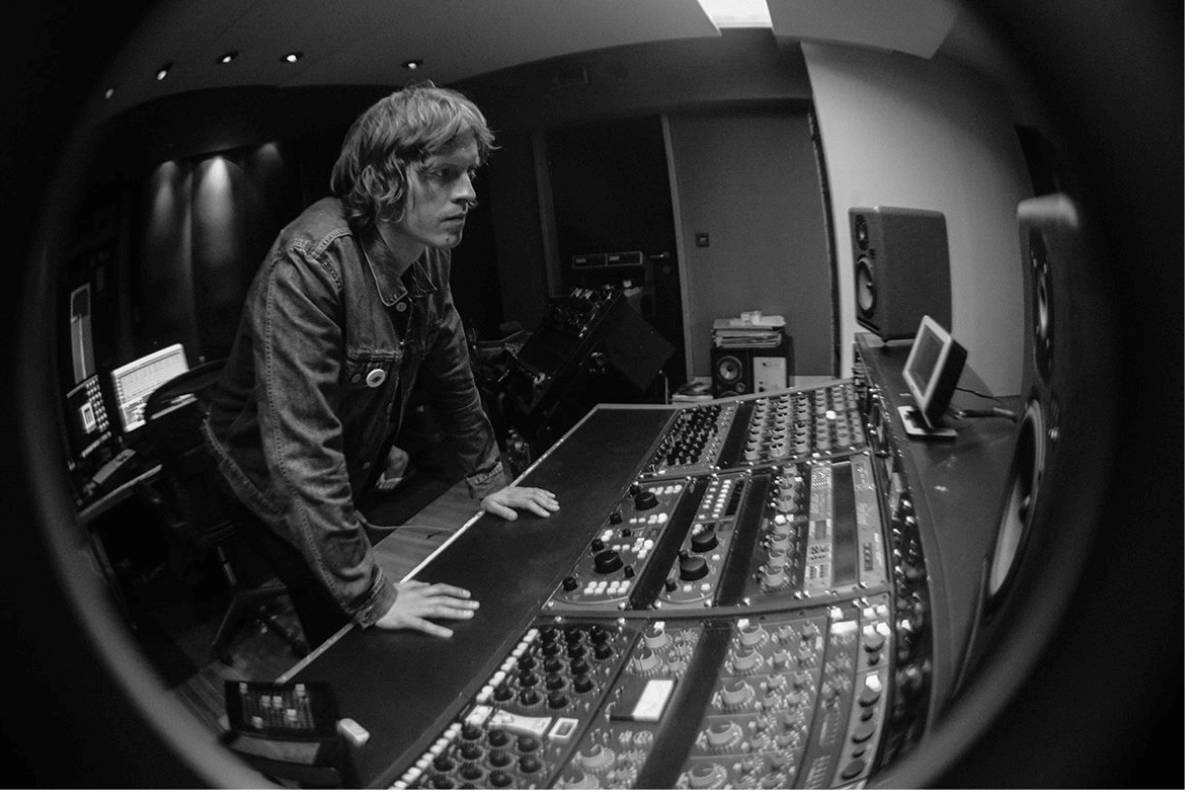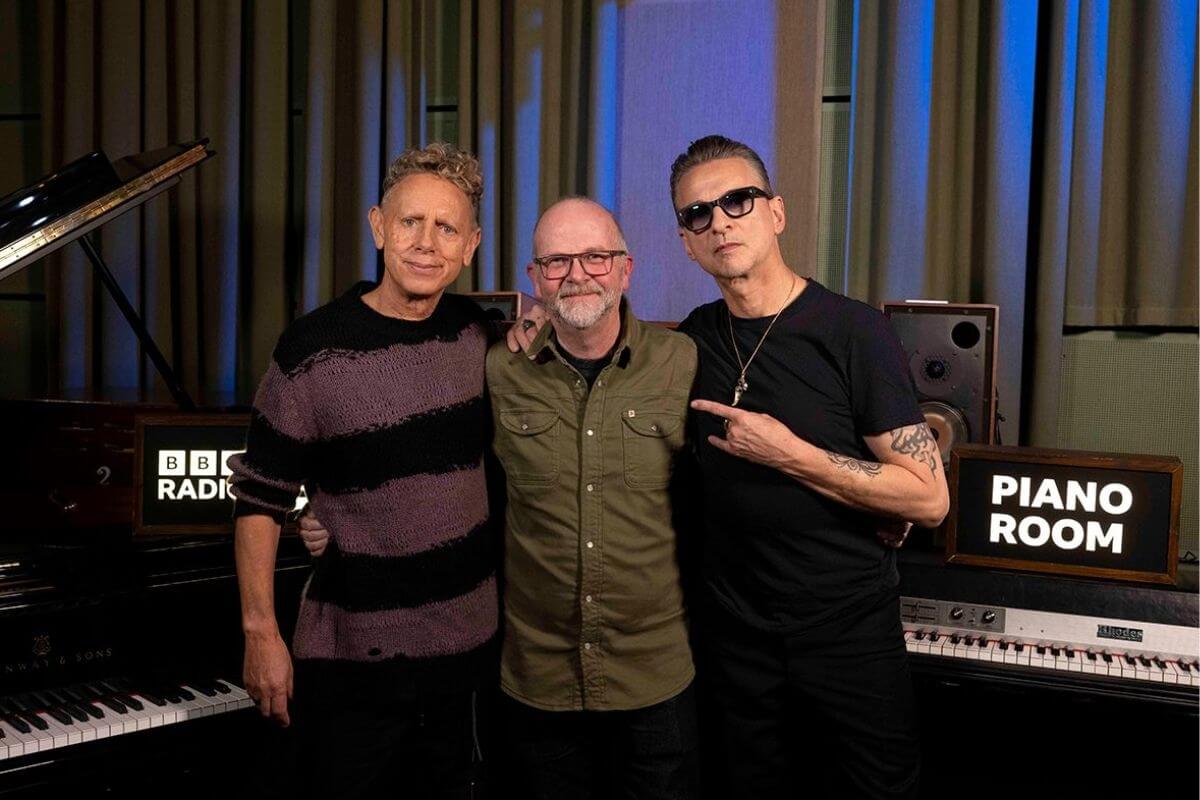Musicians and bands striving to get their songs played on the radio were dealt a potential blow in late January when reports emerged that BBC Introducing was under threat.
The reports confirmed that the BBC’s flagship initiative – launched as a “platform supporting unsigned, undiscovered, and under-the-radar UK music talent” – would be scaled back by two-thirds in a bid to “rationalise” the network. On 3 February the BBC released a statement outlining fresh plans for BBC Introducing on local radio and BBC Sounds.
The furore surrounding the changes to BBC Introducing only highlights the importance of radio play for emerging artists. In an ever more congested music space, getting your music played on the radio is tougher than ever.
According to streaming services, over 100,000 tracks a day are uploaded to their platforms and most of those will be targeted at radio. But by employing tenacity, dedication and some key tips, it is possible to optimise your chances.
Selecting the right radio plugger
It may sound obvious, but the first thing to ensure is that the music you are pitching to radio stations is of real merit.
It needs to have something special or unique about it that sparks the interest of a DJ or their producer. The tracks must also be well recorded, mixed and mastered.
One option is to use a radio plugger, who will work closely with radio stations and DJs to plug and promote songs, albums and artists. It costs, of course. A decent plugger will start at £1,000 and could be £4,000 upwards for a sustained campaign covering national and international radio.
The first thing is to really do your research. An online search should yield the names of radio pluggers who are in the same genre and market as yourself and as ever in the music industry, recommendations are key.
Find champions for your music
Singer-songwriter Alex Lipinski used a radio plugger on his third album For Everything Under The Sun. The plugger was the second of two recommendations and he hired the plugger because they were passionate about the album and had strong opinions on every song.
While it’s doubtful the radio plugging translated into increased record sales, he says, it elevated his profile and opened up new opportunities. The first single Lipinksi release from the album was Groundhog and the two DJs who really championed the track were Frank Skinner on Absolute Radio and Gary Crowley on BBC Radio London.
“Gary Crowley made that his track-of-the-week and played it three weeks running,” says Lipinski. “So they were the two big hitters, Gary and Frank, and we got a ton of independent radio stations from around the world.
Those two shows certainly made a difference. We were getting multiple plays and we were being championed and that’s what you’re looking for.”
 Singer-songwriter Alex Lipinski says using a radio plugger elevated his profile and opened up new opportunities. Image credit: © Ruari Meehan.
Singer-songwriter Alex Lipinski says using a radio plugger elevated his profile and opened up new opportunities. Image credit: © Ruari Meehan.
Provide a compelling backstory to you and your music
Lipinski’s manager Iain Robertson highlights the importance of providing pluggers with a compelling story to help promote the release.
“You’ve got to give them not just a great record, but some kind of story that they can take to radio”
“You’ve got to give them not just a great record, but some kind of story that they can take to radio,” he says. “So you can say ‘The reason that you need to play this record is that this artist has just been picked…’. I mean, one of the great things that helped us was that Evan Dando literally phoned Alex directly to say ‘Come and support me on the Shame About Ray tour. So that is the narrative that I’m talking about.”
Marc Almond is another artist who offered tour support to Lipinski, most recently on a UK and European tour in March and April 2023. “We didn’t buy on to those tours” says Robertson. “This was just the case of two very kind and iconic artists saying, ‘This is what I want’... Getting the radio plays gets us in a place to have that conversation… ‘Get him and give him a slot’. That felt like a blessing.”
The pros and cons of radio pluggers
There is no doubt that getting the right radio plugger can significantly elevate your profile and help drive your career forward. But while it reaps dividends for some, for others it can seem like an expensive error of judgement.
“I’ve shovelled an embarrassing amount of money into radio plugging over the years,” says one music manager who prefers to remain anonymous. “And I wish I knew then what I know now – that most of that money would have been better invested elsewhere. My tendency is to suggest that you only really need a plugger if a) you think you have a chance of getting playlisted or b) you are going to be super busy with promotion and touring and won’t have time to do all the radio.”
Why doing it yourself, as opposed to using a plugger, can really work
For many, doing it yourself is the preferred option. Once again, research is absolutely key. Focus on your genre and market, and identify the stations and the DJs that specialise in the same areas.
Make sure you include contact details with your music, details of upcoming gigs, something interesting for DJs to look at and make sure all your social media platforms are up to date.
There are over 250 independent, commercial radio stations in the UK. Most of the major ones will not consider submissions from the artists themselves but some, such as Absolute Radio offer useful direct contacts and links. There are also 30,000 internet radio stations to consider, offering a vast range of genres and specialisms.
How to send music to the BBC
Then, of course, there is the BBC, the network most renowned for showcasing new music and offering up-and-coming artists their first chance.
Emerging artists can upload tracks to BBC Introducing and every week Tom Robinson presents the best uploaded tracks on the BBC Introducing Mixtape.
Each station also has a generic email contact for the music teams where unsigned artists and labels can send digital files or links to, such as Radio2NewMusic@bbc.co.uk.
Alternatively, artists can email DJs directly via contact links on the home pages of all BBC radio shows. Information is also available at BBC - About Radio 2 and BBC - About Radio 6 Music.
Submitting tracks to BBC Radio 2 and 6 Music
As Head of Music Radio 2 and 6 Music, Jeff Smith is acutely aware of the competitive nature of securing airplay for new releases. He is candid when advising on the best kind of approach.
“Listen to the radio and identify the station and shows you think would most suit your music,” he says. “On 6 Music, for instance, it’s all about the music. The genre doesn’t matter, it’s about whether we think our listeners will enjoy hearing a track… which is why there are so many show producers who attend our weekly playlist meeting.”
Getting playlisted is the holy grail for artists. Smith says there are generally between five and eight new additions to the respective new music playlists on each station.
When asked what he and his team are looking for in new music submissions, Smith replies: “Music that fits our stations’/ DJs’/ Shows’ remits. Timeless and melodic for Radio 2, beyond the mainstream for 6 Music.”
 Jeff Smith, Head of Music Radio 2 and 6 Music, with Depeche Mode when they recorded their Radio 2 Piano Room session recently. Image credit: © BBC.
Jeff Smith, Head of Music Radio 2 and 6 Music, with Depeche Mode when they recorded their Radio 2 Piano Room session recently. Image credit: © BBC.
What music format to send to stations
Smith advises people to send in a WAV file in case the presenter or producer would like to broadcast it immediately. Alternatively, send a streaming link if you want to get feedback only, he says.
"Anyone submitting music to radio should factor in a lead time of at least six weeks, ideally more, before the release date. And once it’s sent in, be patient."
“We need all the metadata in case we broadcast it; and we recommend that all information is given so that we can listen to the track, and then read about the artist. Address it to the right person. Don’t mass email people as you may well then get ignored.”
Anyone submitting music to radio should factor in a lead time of at least six weeks, ideally more, before the release date. And once it’s sent in, be patient.
What to do once you’ve submitted your music
“Give yourself time for shows to digest your music before putting on an impact date to look at adding it to the playlist. The release date is normally when the tracks go live on DSPs [digital service platforms] and the impact date is a focus date on when you would ideally like the tracks to be considered for a station’s playlist. However all stations, shows and DJs can play songs from the release date. We call these spot plays.”
Smith says the vast majority of tracks get listened to, although he acknowledges that things can, occasionally, get missed. “So, it’s always worth following up after a little while,” he says, “... just in case.”
Pitching to radio can take time, but it can also yield results
Pitching your music to radio takes a serious commitment but it can yield real results. “It’s a lot of grafting and being organised,” says Alex Lipinski who did all his own radio promotion on his debut album, before hiring his radio plugger.
“It’s only in the last twelve months that it’s finally got some traction. But without the years behind it and the dedication, grafting and really thinking about stuff, that wouldn’t have happened, you know?”